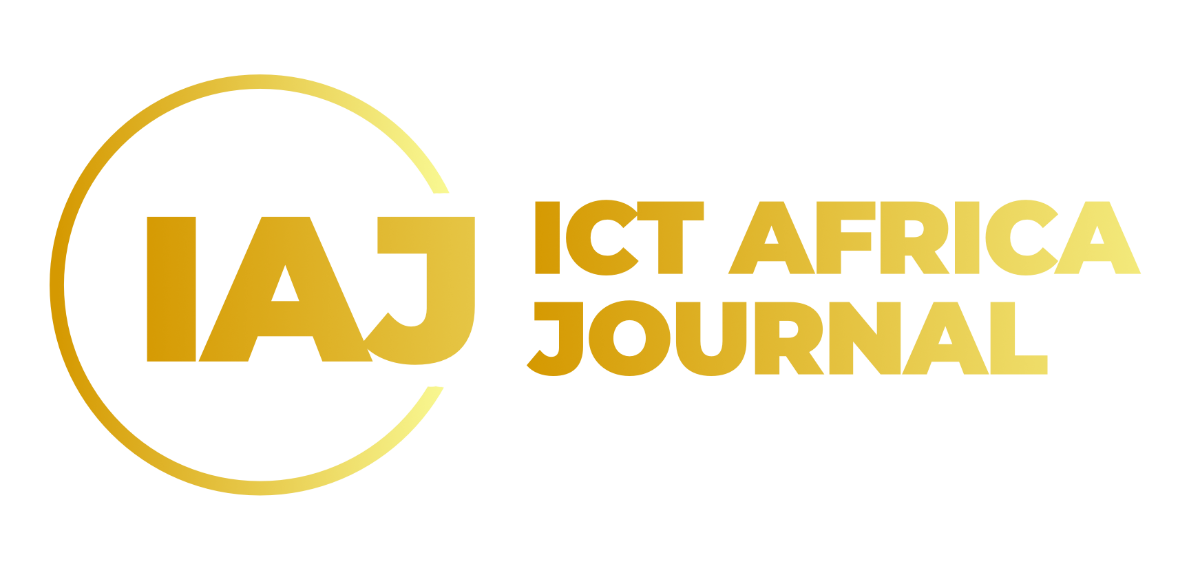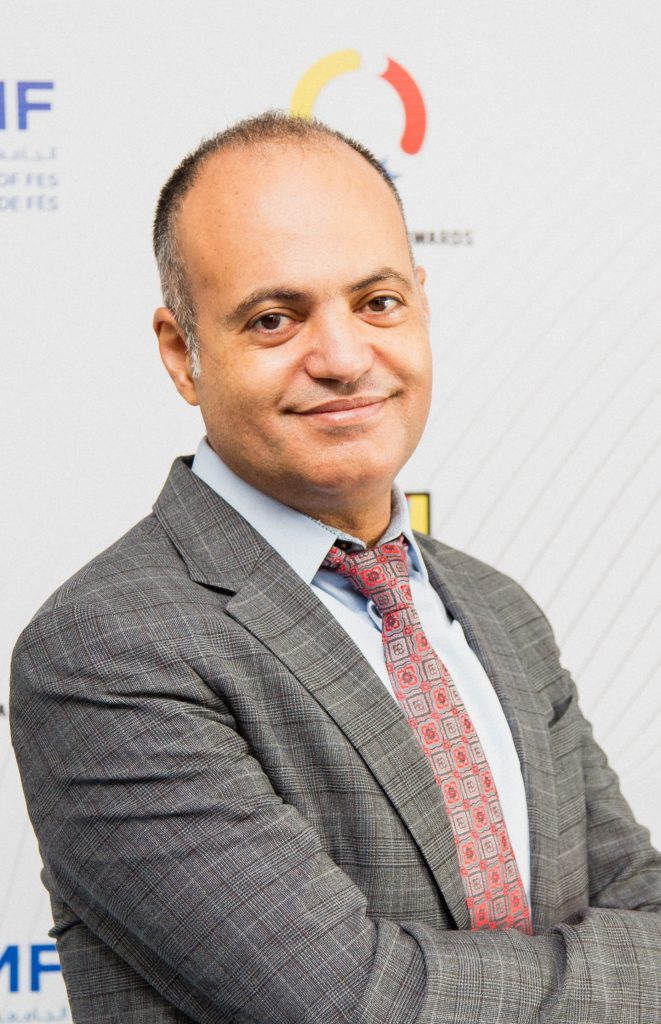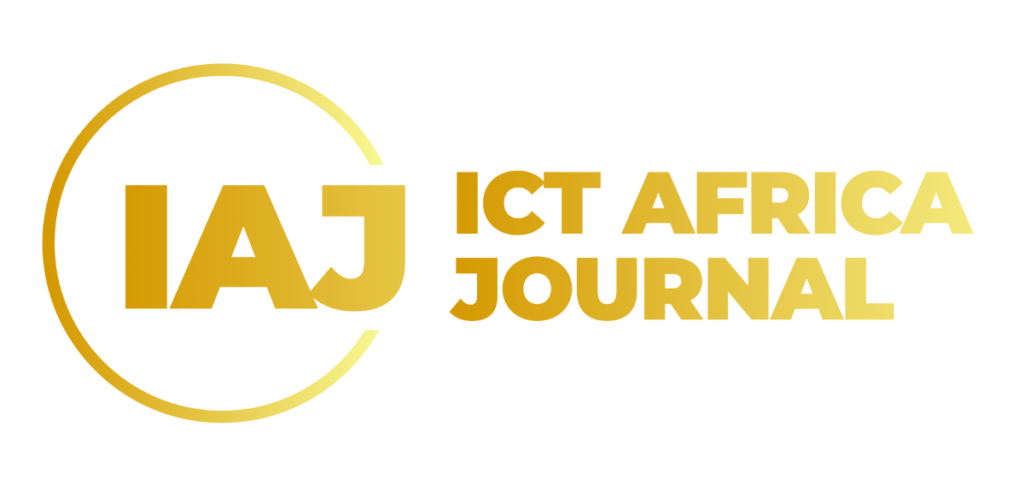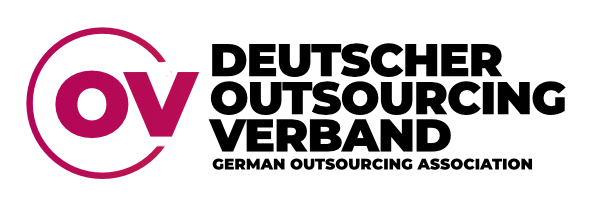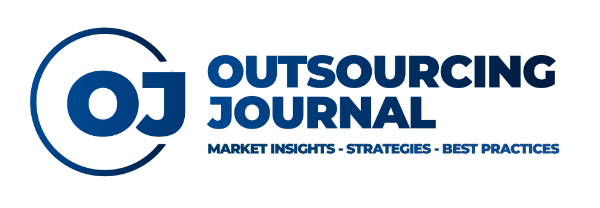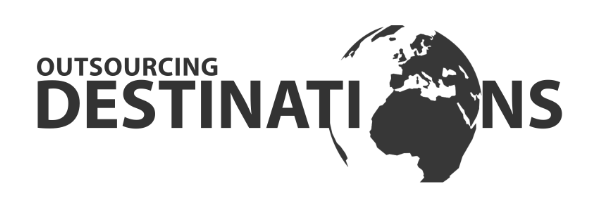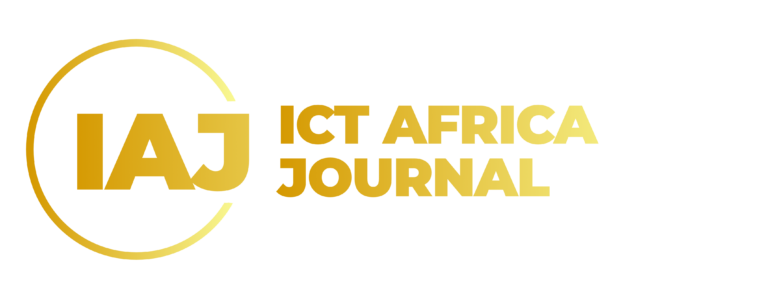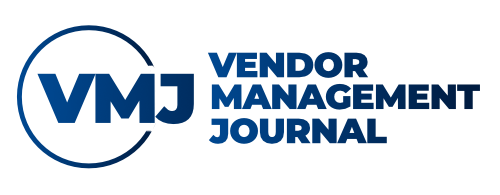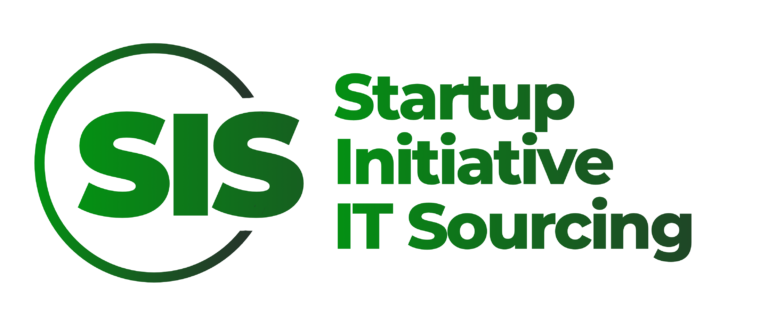Morocco is one of the most reliable outsourcing destinations in the MENA region. In addition to the political stability, the geographic and time-zone proximity to Europe, the competitive labour costs as well as the competencies and languages
capabilities, Morocco had not only an ambition but also put in place an impeccable strategic plan to achieve world-class standards and fulfil the expectations of foreign companies helping them achieve their corporate goals.
Many facts come in to play. Since the early 21st century, the Moroccan government led a strategic offshoring orientation with both a clear vision and important investments. A wide range of industries and service areas were identified and targeted,
including ITO, BPO, automotive, aerospace and renewable energies.
The first aspect to address was preparing qualified engineers and technicians to fulfil expectations. Multiple partnerships were launched with universities and engineering schools, both private and public, to set up tailored educational programs.
As of today, Moroccan schools and universities produce over 30,000 graduates each year covering all the specialities mentioned above.
Besides, academic programs include soft skills training and insist on English and French proficiency.
The second aspect that was tackled was providing sufficient infrastructures to host high volume companies and services. Within nearly two decades, the highway network was considerably enhanced.
The telecom infrastructure was reinforced to support Internet bandwidth and stability. Ultimately, building offshore & industry free zones were the key and giant step to achieving offshoring targets. Over 15 dedicated zones were built in all the regions and provinces of the kingdom, including Tanger Med in the north, Technopole and Oujda Shore in the east, Casa Nearshore, Technopolis, Kenitra Atlantic zone, Fès Shore in the centre, as well as Boujdour industrial zone in the Sahara province in the south.
Each of these zones is dedicated to one or more industry and service areas such as automotive, aerospace, green energy, ITO/BPO or food & agriculture. Those zones are managed by the same company that was created and mandated for this matter. Companies that chose to settle in those zones can lease office floors and buildings, or construct production factories.
Access to those zones is controlled individually through IDs and badges. Also, employees would generally find different proximity services like banks, food courts, administration offices, pharmacies and gyms. Dedicated transportation is also available as the zones are generally located in the suburbs of big cities.
Last, but not least, the Moroccan government put in place fiscal incentives for foreign companies willing to settle in Morocco. With a taxbreak in the first 5 years of settlement, followed by an attractive and capped taxation level, hundreds of ultinational companies were able to cover the investments related to the opening of their sites and benefit from an economically interesting option to fulfil their client needs.
Today, Morocco is almost two decades of experience and maturity in outsourcing. The kingdom has received multiple awards and recognitions from well-known organizations and associations.
Many companies have more than 12 years of presence in Morocco and have hundreds, if not thousands of employees. Besides, many initiatives have been taken by both the public and private sectors to continue evolving towards excellence and innovation, such as Industry 4.0, “Maroc vert” (Green Morocco), “Maroc Numérique” (Digital Morocco), “Plan Emergence” (Emerging Industries Plan). More recently, local legislations were adapted to better cover data privacy and protection standards.
ALTEN Morocco’s success story
The ALTEN Group has chosen to have an offshore location in Morocco since 2014 by acquiring a local service and engineering company that was in place since 2008. Back then, ALTEN Morocco’s Offshore Delivery Center (ODC) took the responsibility of projects and service centres for French clients in Telecom and Automotive industries. Client satisfaction grew rapidly, which led to more and more projects.
In parallel, to diversify the client base, ALTEN ODC Morocco connected with Germany subsidiary to explore collaboration opportunities. Within months, Moroccan teams took over a few service centres for several German clients, mainly automotive manufacturers and OEMs. As of today, over 50 consultants work for German clients on embedded software as well as software development and testing.
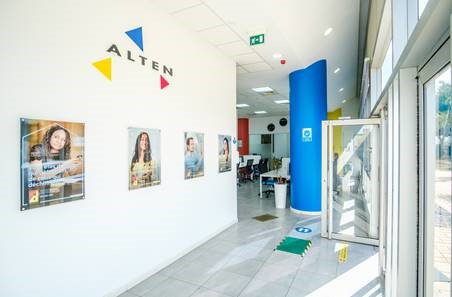
Photo: ALTEN Morocco’s office
Through the years, the quality and efficiency of services gave the clients the confidence to request additional services and expand the scope of the projects. Other French and German clients also chose ALTEN ODC Morocco for a wider range and higher added value services. In the last few years, the Delivery centre began to serve some clients in their subsidiaries in Morocco.
With over 12 years of history, ALTEN Morocco owned maturity and expertise to manage complex projects with high-quality expectations. The centre has demonstrated the capability to build new competencies and continuously adapt them to evolving market needs. The centre also adopted the Group’s best practices in terms of project, risk, quality and skills management.
The key success factors of ALTEN Morocco mainly relied on the following pillars:
1. A comprehensive HR and Talent acquisition strategy that focuses on human capital, performance-based compensation as well as retention plans.
2. Training and coaching investment strategy to enhance employees’ technical capabilities, soft skills and management.
3. Partnerships with universities to adapt academic programs to market needs. For instance, ALTEN Morocco has recently launched the second promotion of the Boost program. Partnering with Euro-Mediterranean University in Fez, this 18-month program will lead selected students in one of ALTEN Morocco’s curriculums: Automotive and Software.
4. Another kind of partnership with universities that focuses on innovation and R&D. As an example, a project is currently comanaged by ALTEN and ENSAM to construct an intelligent car and movement detection system that can be embedded
in new generations of connected and smart vehicles.
5. Internship program as a regular growth lever, allowing young engineers to integrate current projects and evolve within a multi-national company.
You can read the full interview in the Outsourcing Destination Guide for Morocco, which is available for free download at www.outsourcing-destinations.org
About the author: Adnane Balboul graduated in 1994 from INSEA, a Moroccan IT Engineering school. After five years in Rabat-Morocco, Adnane moved to Canada where he evolved as senior consultant, project manager, support and customer service manager, IT manager and Vice-President Technology development in companies that provide ERP and Business Intelligence consulting and integration services. In 2005, he obtained a graduate diploma in e-Commerce, then an MBA in HEC Montreal in 2009, as well as the PMP certification.
Back to Morocco in 2011, Adnane worked with well-known multinational IT companies that have offshore sites in Morocco, first as a Business unit Manager at Capgemini, then as a VP Operations Manager at CGI. At the time of this interview he held the position of Director of Operations at ALTEN Morocco and has since then moved to Sopra Banking Software where he is currently Director of Professional Services – North Africa Area.
Throughout his 26 years’ career, Adnane acquired a wide range of experience in program management, within multi-cultural environments and large technology and industry areas. He is recognized for building and growing centers of excellence as well as Delivery centers, with strong understanding of offshore and nearshore business dynamics.
